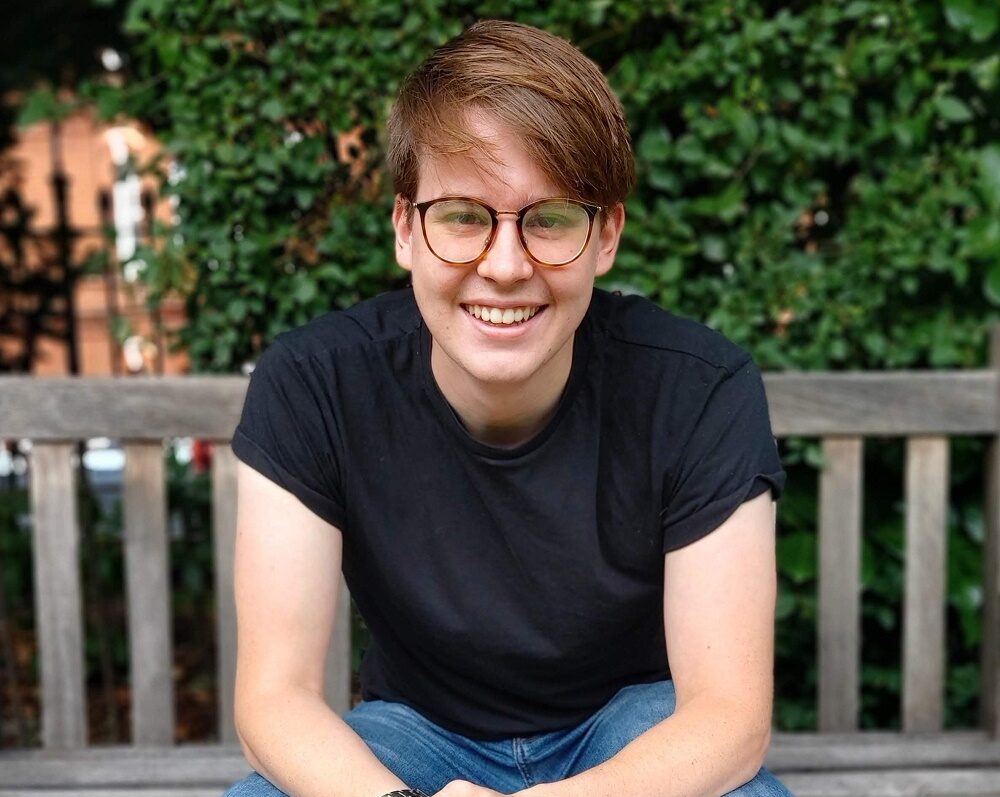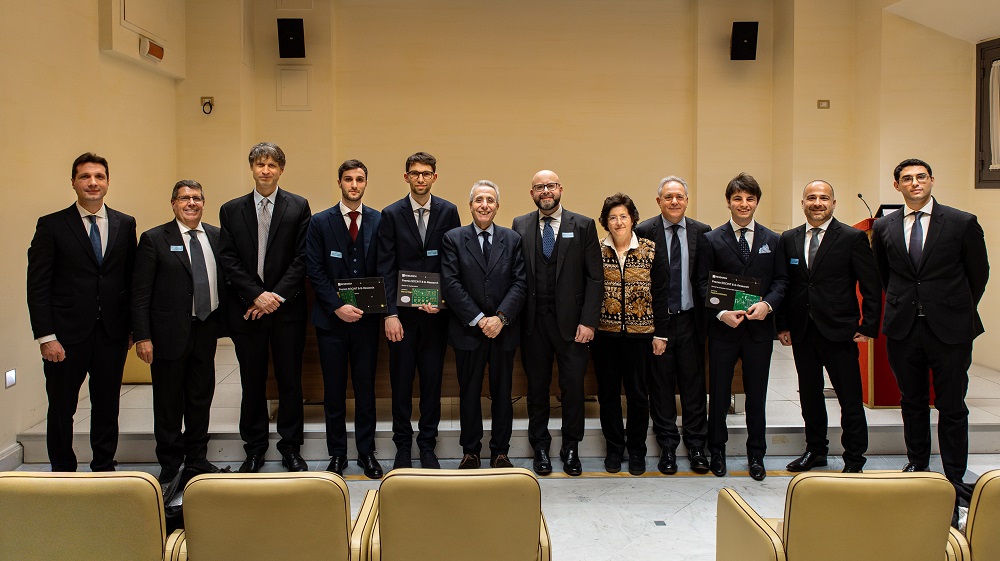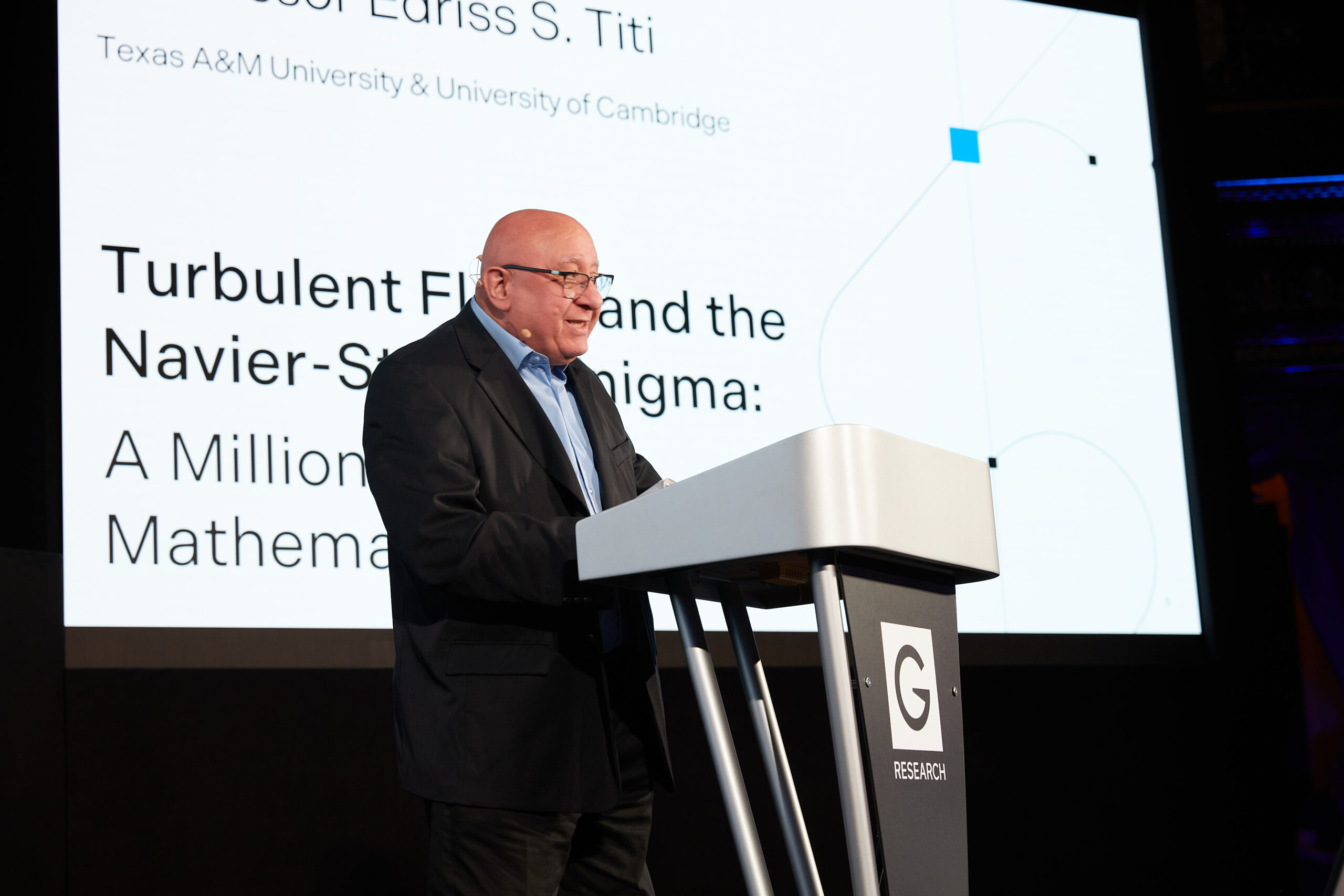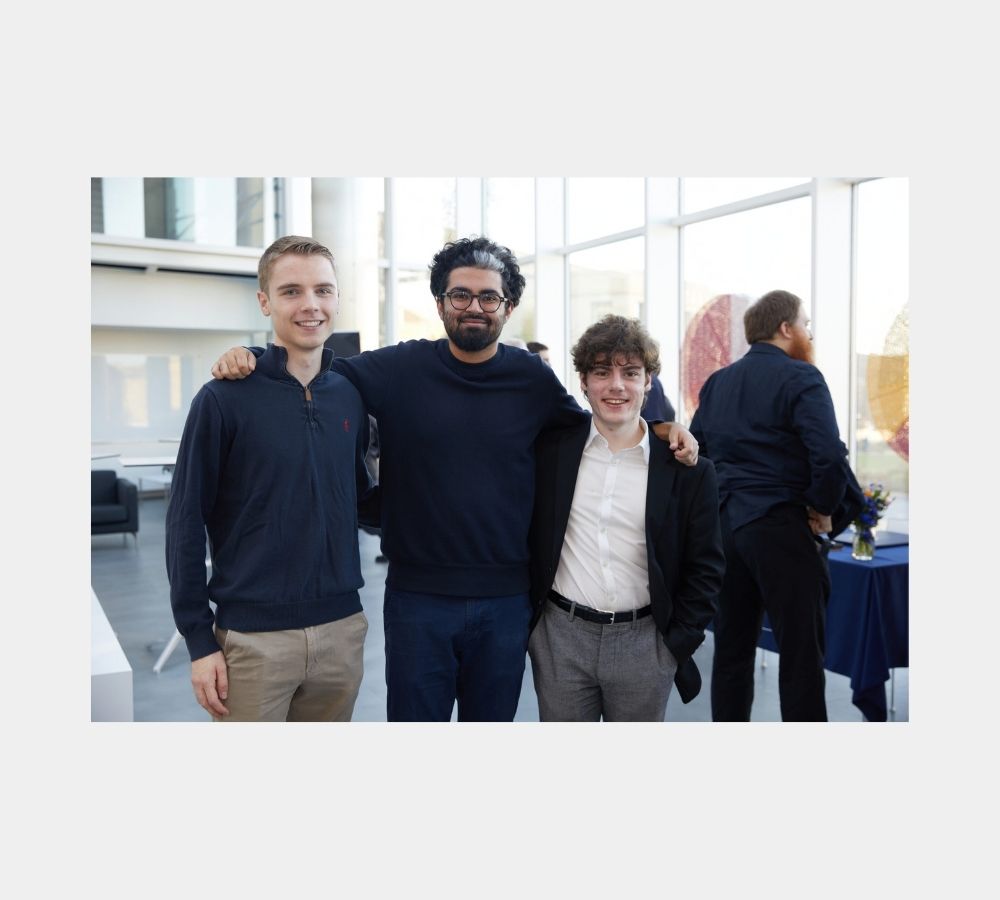Every year, G-Research runs a number of different PhD prizes in maths and data science with academic institutions in the UK, Europe and beyond.
Each prize is worth up to £10,000 and is open to final or penultimate year PhD students at specific universities, working across areas including machine learning, quantitative finance and mathematics.
We’re pleased to announce the next PhD prize winners, which ran in conjunction with Imperial College London
Learn more about our prizes






